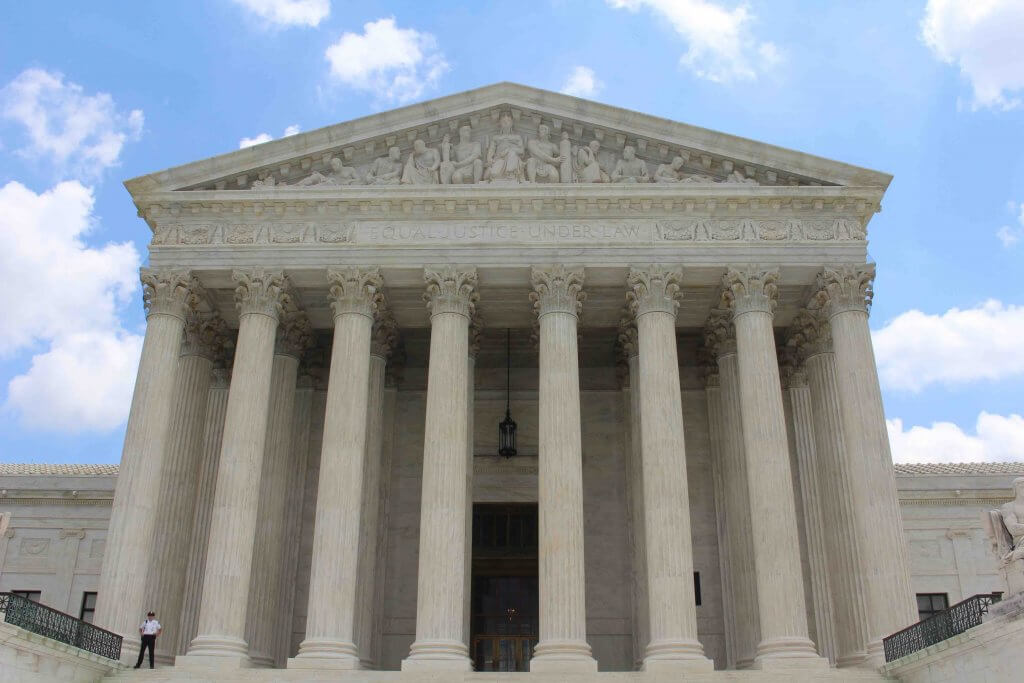The Shifting Definition of Undue Hardship in EEOC Religious Discrimination Lawsuits
October 22nd, 2024

Most employers in the United States understand that they cannot discriminate against their employees on the basis of religion. For example, they cannot give one religious individual a day off during a day of worship while denying another religious individual the right to take time off during a different holiday. However, there is one notable exception to this rule, and it is called “undue hardship.” What exactly is undue hardship? How can it help employers escape EEOC lawsuits?
Undue Hardship Explained
The United States struggles with a conflict of two principles when it comes to religious freedom in the workplace. First, the United States Constitution guarantees everyone First Amendment rights – and this includes the freedom to worship their own religion. However, the United States also maintains a focus on free-market principles – and it accepts that government should not interfere too much in a company’s ability to earn a profit.
It is this second point that gave rise to the undue hardship exception. Under this doctrine, a company can theoretically avoid consequences for religious discrimination if they show that granting religious rights would cause “substantial” financial pressures. These pressures could take the form of increased costs, increased losses, increased prices, increased waste, or anything else that negatively affects the business’s bottom line.
Note that simply showing some losses is not enough. The employer must show that the losses were significant enough to cause real damage to the business.
As the American Bar Association notes, the definition of Undue Hardship recently shifted after a Supreme Court ruling in June of 2024. This set out a “heightened standard” for undue hardship. Specifically, the standard is no longer “more than de minimis.” It is now necessary for a business to show that accommodating a worker’s religious beliefs causes much higher losses – and this is good news for religious workers across the United States.
Employers Must Find a Way to Accommodate Workers
Due to this new ruling, employers need to work harder to accommodate religious workers in the United States. This may include allowing religious workers to swap shifts with other workers in order to take time off for faith-related activities.
The Definition of Undue Hardship is Constantly Changing
One of the most challenging things about the concept of “undue hardship” is that its definition seems to constantly change. While courts do their best to maintain a universal, consistent definition of undue hardship, there is no guarantee that the definition today will be the same as the one tomorrow.
Companies must, therefore, err on the side of caution when it comes to religious discrimination – and this is perhaps exactly the reaction the EEOC is trying to create. In fact, one might argue that by keeping the definition vague, the EEOC keeps employers on their toes. At the very least, employers should not assume that the undue hardship exception will save them from legal consequences – regardless of what their corporate attorneys tell them.
Keep Informed with the Universal Life Church
Each month, various cases test the nature of religious rights in this country. While the basis for many religious rights is the United States Constitution, there are still countless cases that question the exact nature of these rights. The Universal Life Church’s blog is focused on documenting the most noteworthy of these cases in an objective manner that can be easily understood by readers.


